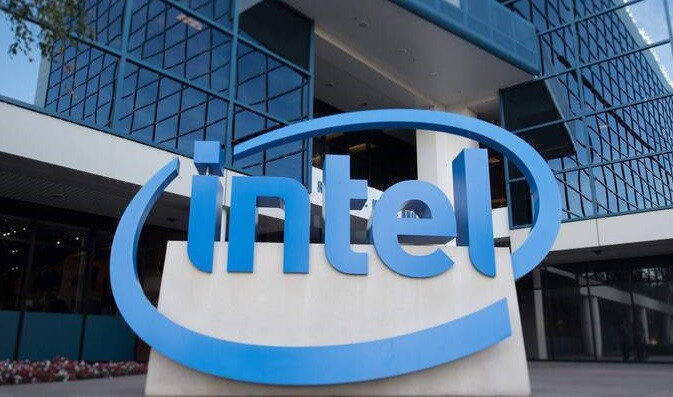
Amid a critical juncture in the development of its 14A (1.4nm) process, Intel is seeing rising expectations that it could secure orders from Apple and NVIDIA. Intel's stock price recently plummeted after the company stated in a quarterly report filed with the U.S. Securities and Exchange Commission (SEC) that it might delay or halt the development of advanced process technologies below 14A if it fails to secure major external customers or achieve key development milestones.
However, according to a report by renowned analyst Jeff Pu, Intel has already provided an early version of the 14A Process Design Kit (PDK) to customers, and both NVIDIA and Apple are reportedly showing interest. The report specifically projects that NVIDIA's low-end gaming GPUs and Apple's M-series chips could become key customers for Intel's 14A process.
This is particularly noteworthy news for Apple, as its M-series chips have been exclusively produced by Taiwan's TSMC until now. Foreign media have analyzed that securing Intel, a U.S.-based foundry, as a second supplier would be highly advantageous for Apple amid heightened geopolitical tensions. This suggests the possibility that Apple might adopt a 'dual sourcing' strategy by entrusting some production to Intel.
Intel has declared its entry into the foundry business, revealing its ambition to catch up with TSMC. However, TSMC has demonstrated overwhelming technological prowess by successfully mass-producing its 3nm process and accelerating the development of its 2nm process. Despite pouring massive investments into the development of its 14A process, Intel has consistently faced a sense of crisis due to difficulties in securing customers.
If Intel succeeds in securing Apple and NVIDIA as major customers, it would mark a significant turning point for Intel's foundry business. The massive market for Apple's M-series chip production, which TSMC has monopolized, would be broken. This suggests that a crack could form in TSMC's dominant position in the semiconductor contract manufacturing market.
Of course, many challenges remain before Intel's 14A process can be commercialized. However, this news is attracting industry attention because it signals the possibility that Intel could overcome its technical and commercial hurdles and establish a presence in the foundry market. The industry is watching to see if Intel can secure actual orders from Apple and NVIDIA in the future and potentially topple TSMC's stronghold.
[Copyright (c) Global Economic Times. All Rights Reserved.]




























